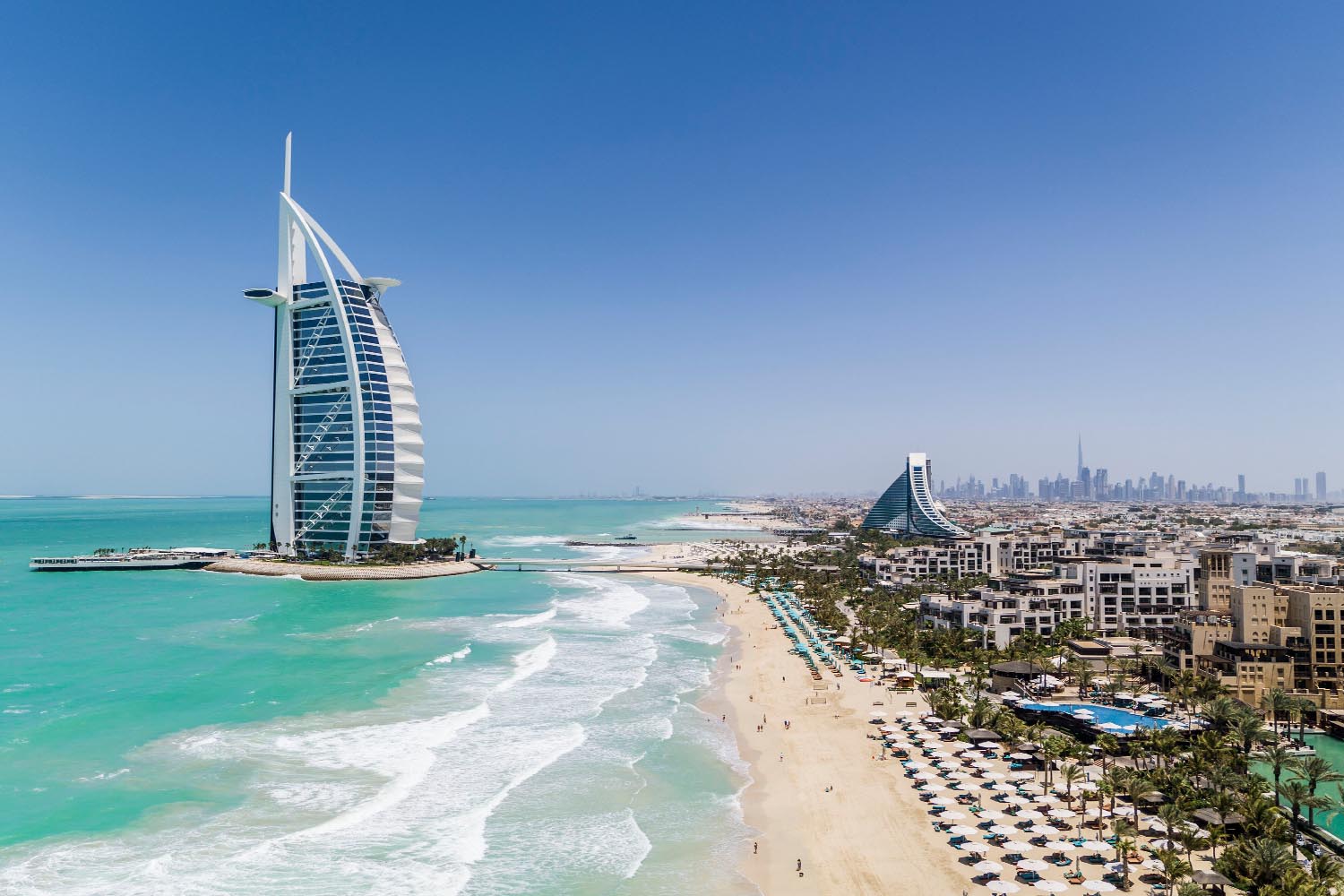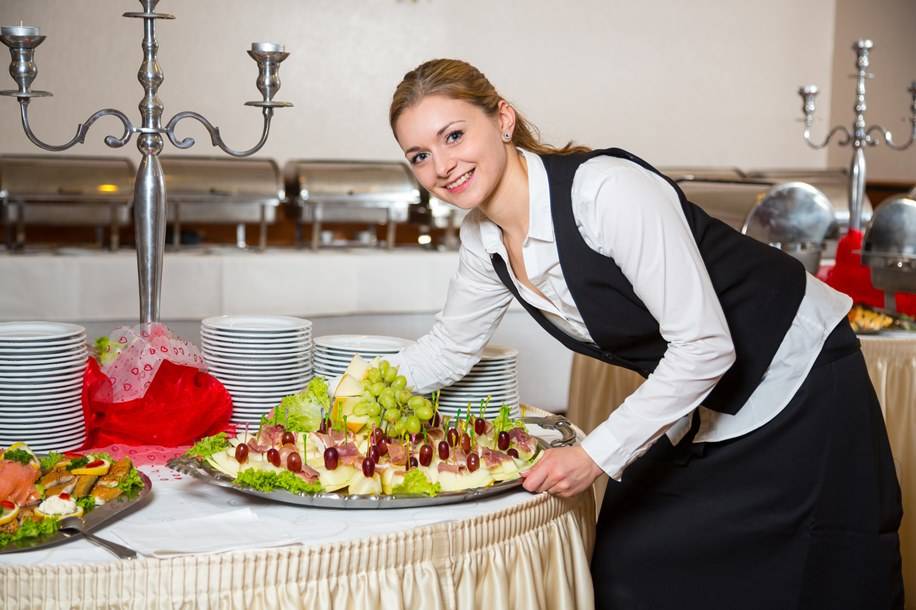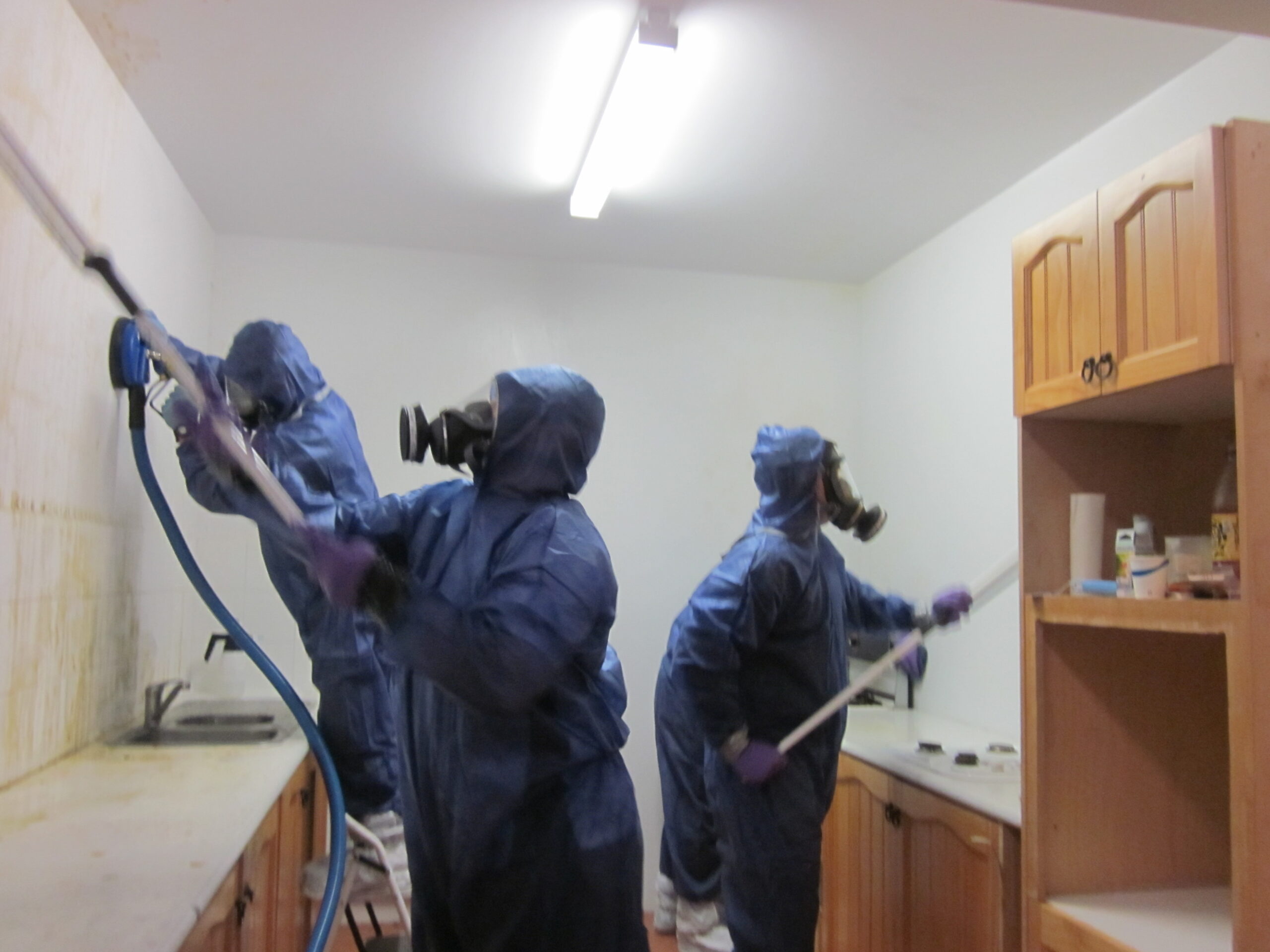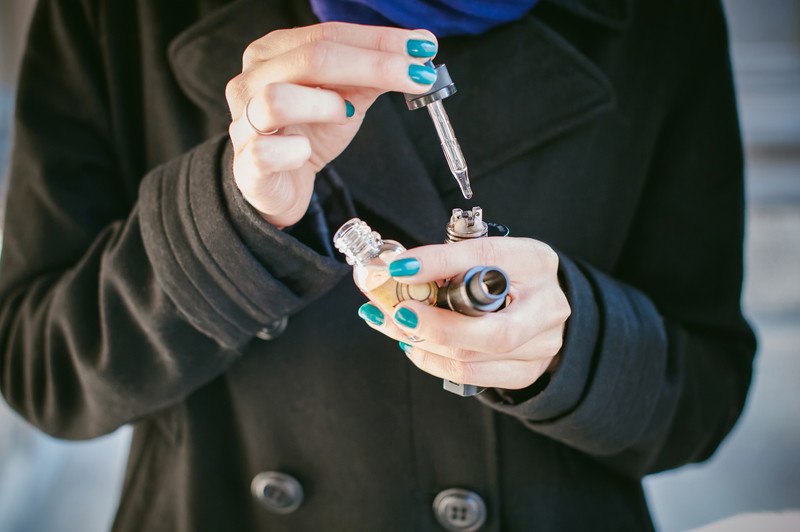This term is the representation of the conscious nap. It is different from sleeping and an act of choice. Falling asleep is not considered inemuri, as the person must choose to take a nap and at the same time be careful not to miss the season to go down or disturb others, for example.
It started at the time of the economic boom when the Japanese became very busy. The fact that the country is safe has also influenced the fact that sleeping in public is not dangerous.
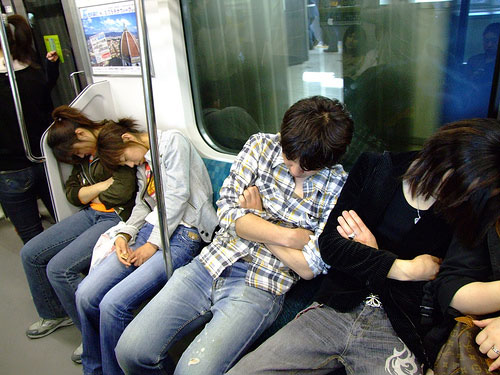
In the events of multinational companies in other countries, it is normal for the Japanese to appear in pairs. While one sleeps, the other stays awake.
Some experts say the ease with which Japanese people do this in public also has to do with how they are raised. There, children sleep in their parents’ bed until approximately 10 years of age. For many parents, it is a way to support them in their growth so that later on, they will find their own way and be more stable.
After the tsunami that destroyed entire cities in Japan in 2011, many Japanese people felt good about sleeping with others in collective spaces. In interviews, survivors said it gave them comfort and helped them relax.
It is worth mentioning that sleeping in public (whether on trains or other places) is very normal that it’s considered very offensive to wake someone up while they are sleeping. Experts believe that in Japan people sleep on the train even they can sleep easily anywhere and in broad daylight because they do very hard working and for a long time, so they often don’t even get good sleep. So, they take the time for lost sleep by sleeping in the most unusual places. The workers who sleep during work are thought to be much more devoted to their job.

Carl Clay is a health blog author who has been writing about nutrition, fitness and healthy living for over 10 years. He also loves to run, hike and bike with her wife.




